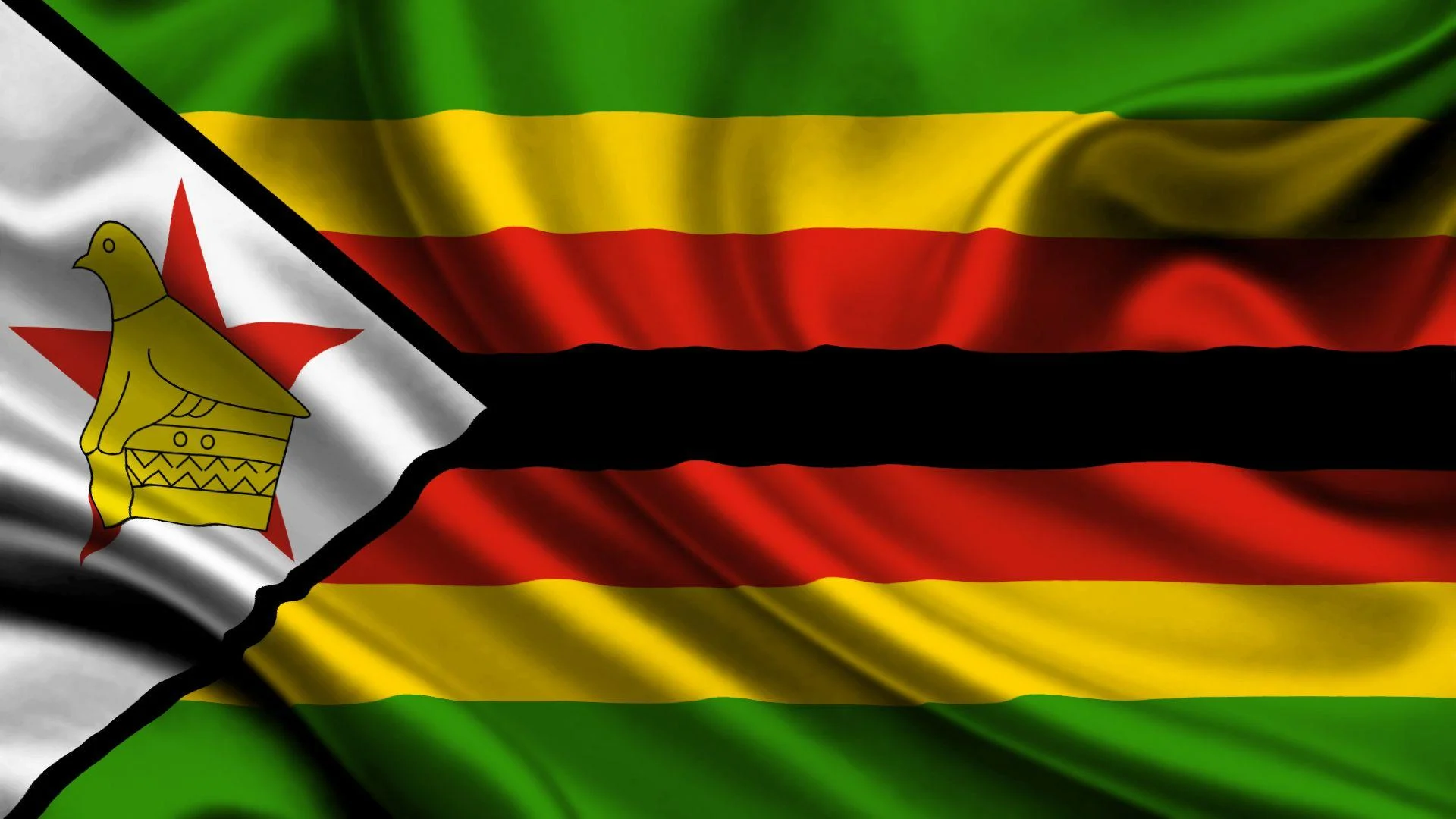
NEVANJI MADANHIRE IS Zimbabwe really difficult to govern? The answer to this question should be a resounding YES. The reasons for this are a plethora. They begin in our history.
Having acquired Independence through the gun has given certain players, particularly the clique that fought that war and its cohort, a sense of entitlement. It is that entitlement that has spawned everything that is wrong with our country.
First, the leadership of the country since 1980, has defaulted to the gun whenever the going has got tough instead of listening to good counsel.
Robert Mugabe was known, in his lengthy rule, as a hard man who brooked no criticism even when it was patently clear that he was taking the wrong route.
His inclination was to follow that wrong route until he reached its dead end and then he would shoot himself back to where he began. This is why, during his reign, Zimbabwe never went anywhere. Ditto in the new dispensation.
Strongman rule has driven the common people against the wall from which they are continually whipped into line especially in election cycles. Very importantly, strongman rule has given birth to a political opposition that is driven, not by the national ethos, but by disillusionment.
This disillusionment has often driven the opposition into the wrong hands because, due to the resultant desperation, they can embrace the country’s enemy to push through their agenda.
This makes ruling this country very difficult as demonstrated by the debilitating effects of Western sanctions of which the opposition has been the conduit.
- Chamisa under fire over US$120K donation
- Mavhunga puts DeMbare into Chibuku quarterfinals
- Pension funds bet on Cabora Bassa oilfields
- Councils defy govt fire tender directive
Keep Reading
It must be remembered that major players in opposition once smelled power and it is that whiff of power, rather than anything else, that is driving their desire for change.
Their ideology, according to their own admission, is unknown. Lack of ideology creates a vacuum which sucks in all sorts of unsavoury elements including foreigners that take advantage of the players to push their own agendas.
It is clear Zimbabwe has become the battleground of geopolitical fights between the West and the East and the opposition has become a useful tool in all this.
The most egregious phenomenon that entitlement has spawned is that it has built the ruling Zanu PF party into the only institution that must be recognised.
A country cannot be ruled properly if it does not have institutions that work. In the past four decades we have seen how institutions that worked have been destroyed and we have seen the ruling elite’s aversion towards building new ones.
This lack of institutions is what has led to loads of other problems bedevilling this country. Corruption, for example, is a direct result of lack of strong institutions that bring checks and balances to both public and private sector operations.
One may cite the auditor-general’s office as an institution that works, but, no it doesn’t; at its best, it is just taken as a nuisance to be ignored. Even seemingly well-intentioned institutions such as the Zimbabwe Anti-Corruption Commission are meeting the same fate.
But if corruption in the public sector has become a culture it has permeated the private sector too. The reason is still the same – lack of strong institutions.
If our central bank was working according to the letter and spirit of its mandate, there would not be arbitrage opportunities that have been created by the currency black market.
It is these arbitrage opportunities that have brought corruption even where we don’t desire it – in the banks. It is common cause that banks’ business is money, but in the past it was honest money.
Without strong institutions a country is difficult to govern and Zimbabwe is going down the drain because of this.











